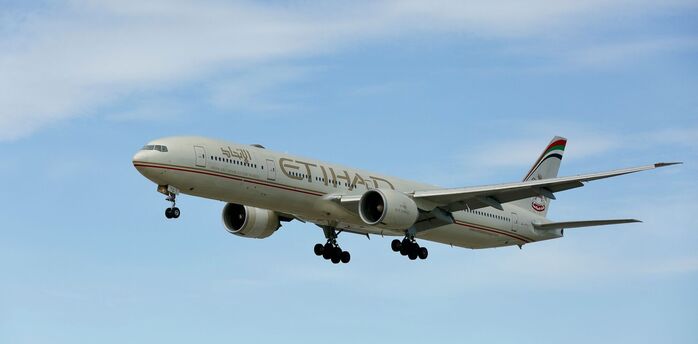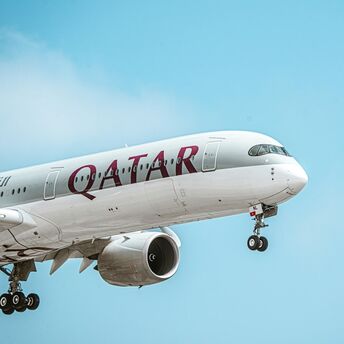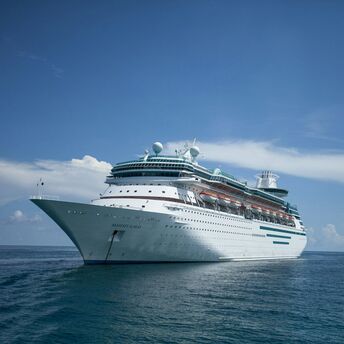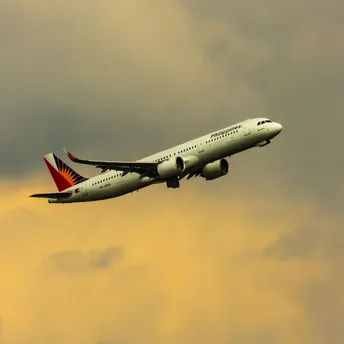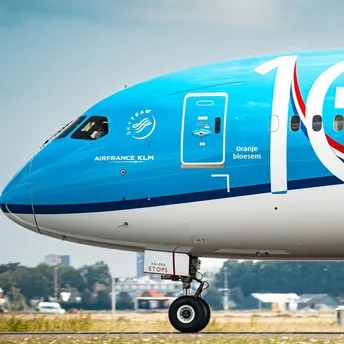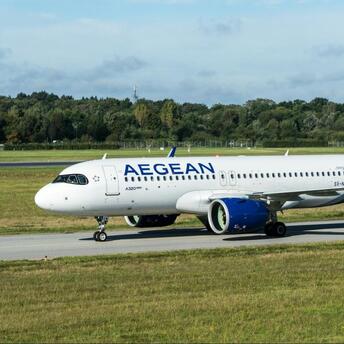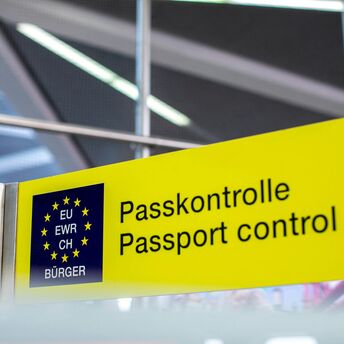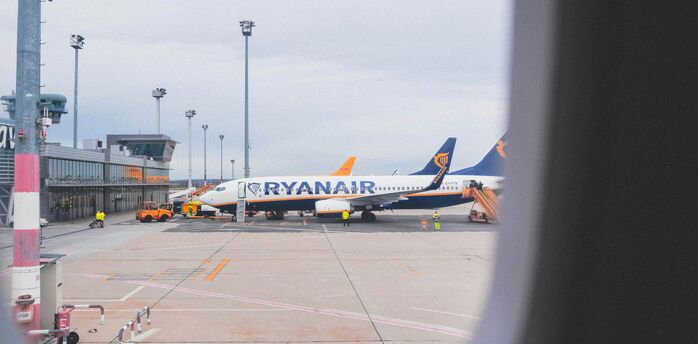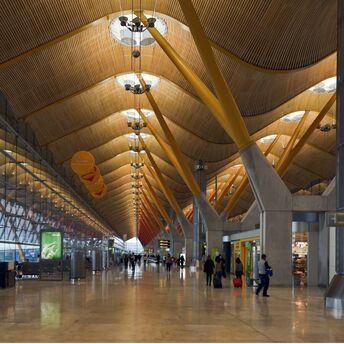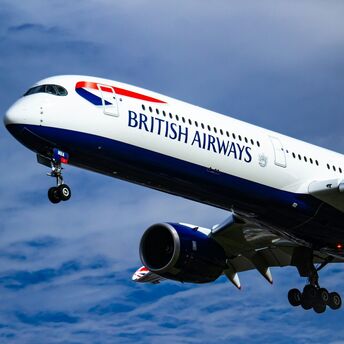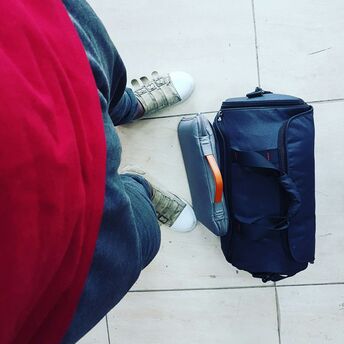Australia Tests Allowing Pets to Fly in the Cabin for the First Time
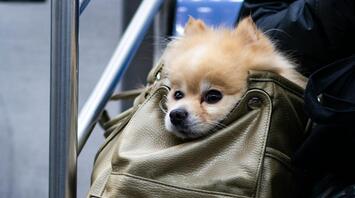
Virgin Australia has launched Australia’s inaugural Pets in Cabin initiative, signaling a significant transformation in domestic air travel. The trial started in October 2025 and is now running on routes between the Sunshine Coast, the Gold Coast, and Melbourne. The program will run until January 2026, giving the airline time to get feedback from passengers before deciding whether to roll it out across the country later in 2026. It is the first time that small animals have been officially permitted inside passenger cabins in Australia.
Key details of the Pets in Cabin service:
- The introductory fee is set at $149 per pet, per flight.
- Only cats and small dogs weighing up to 8 kilograms, including their carrier, are permitted.
- Pets must stay inside an approved soft-sided carrier that is safely stowed beneath the seat throughout the entire journey.
- A maximum of four pets per flight is allowed to ensure passenger comfort and safety.
- Passengers with pets are seated in designated window seats on specific rows only.
- Cats are not permitted on Melbourne–Gold Coast flights during the trial period.
- Up-to-date vaccinations are required, and Virgin Australia uses HEPA air filtration systems to maintain cabin air quality.
“We’re excited to give Australians a new way to holiday. Pets are part of the family, and this new service is about making sure every member, human or furry, can enjoy the journey together."
This service was created because more and more travelers want to be able to take their pets with them on flights instead of having to use cargo transport or boarding facilities. Many pet owners find it stressful to make traditional travel plans, but this option makes it easier to make short trips within the country. The change also shows that Australian airlines are starting to look into flexible travel models that are already common in the US and Europe.
If it works, the trial could change how people travel in the Australia by making it easier for pet owners to travel. It might be easier for families to bring their pets with them on weekend trips or seasonal vacations than to make other arrangements for their care. This program could also encourage other airlines to introduce similar policies, helping to make pet-friendly air travel more common across Australia and setting a new standard for short-distance flights.
Seen in a wider perspective, Virgin Australia's trial program marks a significant point of evaluation for the country's aviation industry. It aims to determine whether shared cabin spaces for pets and passengers can remain safe, hygienic, and well-managed. The results will guide future regulations and may signal a turning point in how Australians travel with animals, balancing convenience with operational responsibility.


